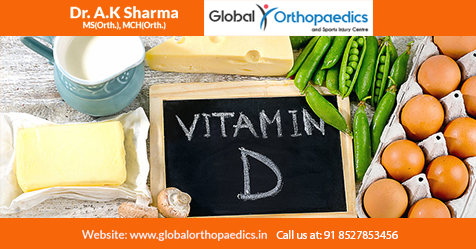Vitamin D is sometimes called the “sunshine vitamin” because it’s produced in your skin in response to sunlight. It’s a fat-soluble vitamin in a family of compounds that includes vitamins D-1, D-2, and D-3. You can also get it through certain foods and supplements to ensure adequate levels of the vitamin in your blood.
- Vitamin D fights disease– Research suggests that vitamin D may also play a role in reducing the risk of multiple sclerosis, decreasing the chance of developing heart disease, helping to reduce the likelihood of developing the flu.
- Vitamin D reduces depression– Research shows that vitamin D might play an important role in regulating mood and warding off depression.
- Vitamin D boosts weight loss– Add vitamin D supplements to your diet if you’re trying to lose weight or prevent heart disease.
Beware of D-ficiency
Many factors can affect your ability to get sufficient amounts of vitamin D through the sun alone. These factors include:
- Being in an area with high pollution
- Using sunscreen
- Spending more time indoors
- Living in big cities where buildings block sunlight
- Having darker skin.
These factors contribute to vitamin D deficiency in an increasing number of people, so it’s important to get some of your vitamin D from sources besides sunlight.
The symptoms of a vitamin D deficiency in adults include:
- Tiredness, aches, and pains, and a general sense of not feeling well.
- severe bone or muscle pain or weakness that may cause difficulty climbing stairs or getting up from the floor or a low chair, or cause you to walk with a waddling gait.
- Stress fractures especially in your legs, pelvis, and hips.
Food sources of vitamin D
Few foods contain vitamin D naturally. Because of this, some foods are fortified. This means that vitamin D has been added. Foods that contain vitamin D include:
- salmon
- sardines
- egg yolk
- shrimp
- milk (fortified)
- cereal (fortified)
- yogurt (fortified)
- orange juice (fortified)
Take vitamin D supplements as it’s hard to get enough vitamin D each day from sun exposure and food alone.
Depending on blood level, you may need more vitamin D. The recommended IUs for vitamin D are:
children and teens: 600 IU
adults up to age 70: 600 IU
adults over age 70: 800 IU
pregnant or breastfeeding women: 600 IU.



